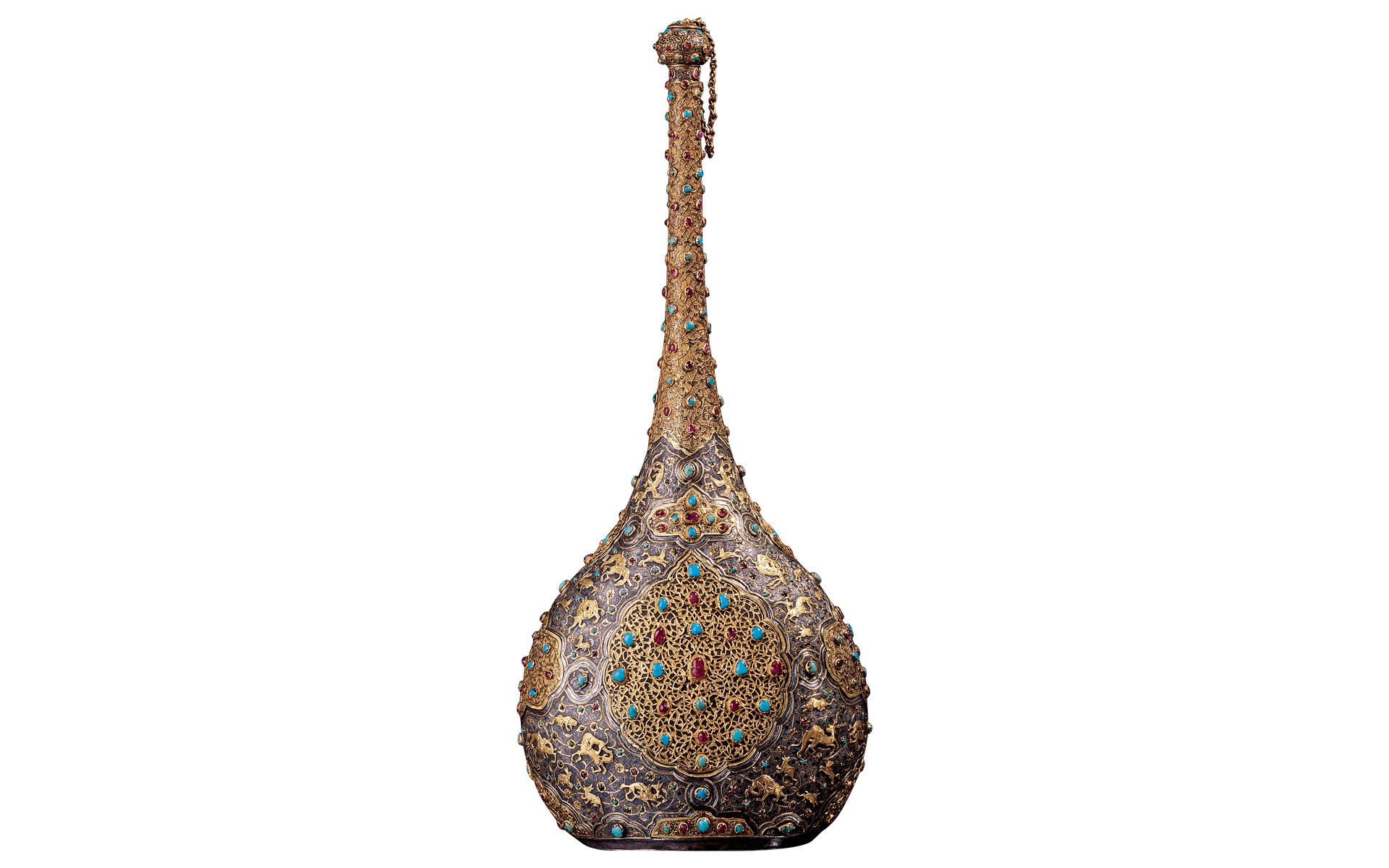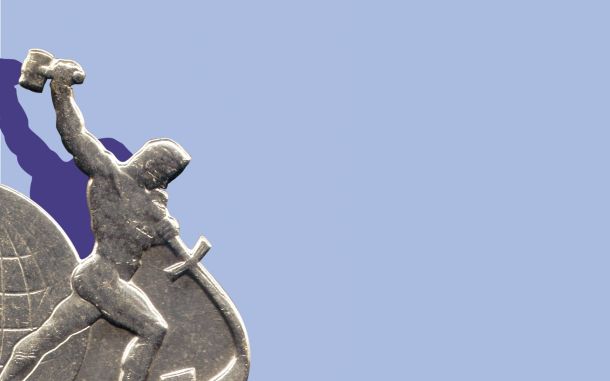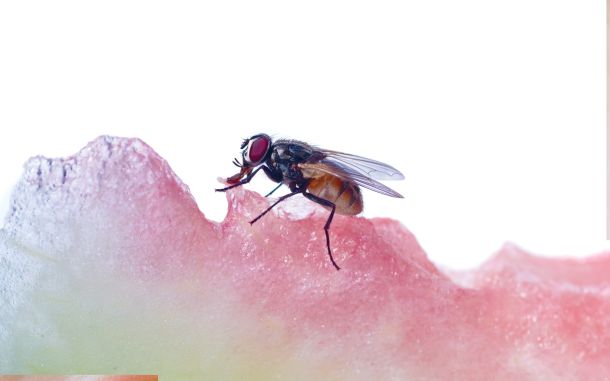Editorial: Being a Child of the Time

The idiom “being a child of one’s time,” or rather “being a child of the moment,” offers food for thought. In Islamic mysticism, a seeker of Truth is expected to focus on the moment. The past is gone, and the future is not yet here; one should not waste his or her energy with the sorrows of the past or concerns for the future; the best thing to do is to use the time at hand most efficiently. “Being a child of one’s time” (ibn al-waqt) also means that one should be equipped with the knowledge and qualifications that are needed in their day. Accordingly, one should take into consideration the prevailing circumstances, develop plans and programs to meet the needs of their contemporaries, and put to good use available opportunities.
In this issue’s lead article, Fethullah Gülen carries this human condition one step further when he speaks of “time and space to be our children and aides under our command.” The human, as the best of creation, has the capacity to master time and space at a spiritual level (abu’l-waqt), and, according to Gülen, this can be done if we can benefit from the blessings of “enchanting nights” to establish a stronger connection with the Divine.
How do you know if you should or should not trust somebody? Which news is true or not? We live in an age of information overload, which puts us in the difficult position of not knowing who or what to trust. Dr. Onur Stevens explains some of the research done in relation to building interpersonal trust. According to experts, there are certain parameters that need to be observed to establish trustworthiness between individuals. Also, learning about the achievements of historical figures who embodied the virtue of trust in their lifetimes is important if one is to be a more trustworthy person.
How would our world be if it was all black and white? Out of familiarity, we tend to forget the fact that color is one of the major factors that beautifies and diversifies our lives. Numan Erciyes writes about the chemistry of color, explaining anthocyanins, the largest group of pigments that is in charge to give flowers, plants, and trees their colors.
Sources of healing are plenty. Among them are predictable food like honey or cumin, or recommended lifestyles like exercise or diet. Yet, some other sources do not fall into this “predictable” category. Saliva is one of these. Dr. Irfan Yilmaz writes how saliva can be a painkiller and antidepressant. There is also research that shows that the fluid that mixes with saliva from the lungs of cancer patients can be used to attack the tumor and pave the way for immunotherapy.









